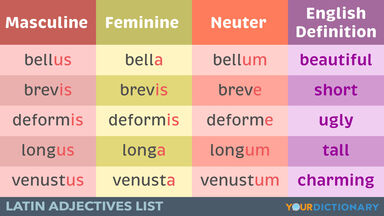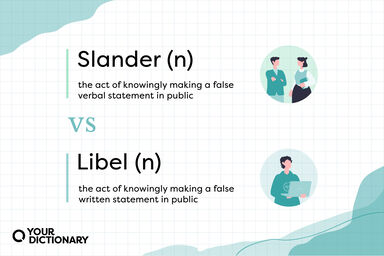Genitive-accusative Definition
noun
(linguistics) The use of genitive as a case of the grammatical object; exists at least in several Slavic and Finnic languages.
The term "genitive-accusative" refers to the use of genitive form in accusative function. It is a phenomenon that has grown and been generalized from a special distinction in old Russian to the broad category of animateness in modern Russian. Genitive-Accusative in the Laurentian Primary Chronicle, Orrin Frink, The Slavic and East European Journal, Vol. 6, No. 2 (Summer, 1962), pp. 133-137, doi:10.2307/3086099
The paper deals with a long-standing problem of Slavic Historical Linguistics, which is the question why in the history of Old East Slavic (OESl) there occurred a substitution of the Adjective by the Genitive case of a noun as a means of expressing possession. The main postulate is that there existed a previously unnoticed connection between this substitution, on the one hand, and the rise of a new syncretic Accusative case form, known as Genitive-Accusative, on the other. It is suggested that the missing link underlying both processes is the intolerance of the language to Subject-Object ambiguity. The Rise of the Genitive-Accusative and Genitive of Possession in Old East Slavic, Elena Bratishenko, University of Calgary, 2007
Wiktionary
Related Articles
Find Similar Words
Find similar words to genitive-accusative using the buttons below.





